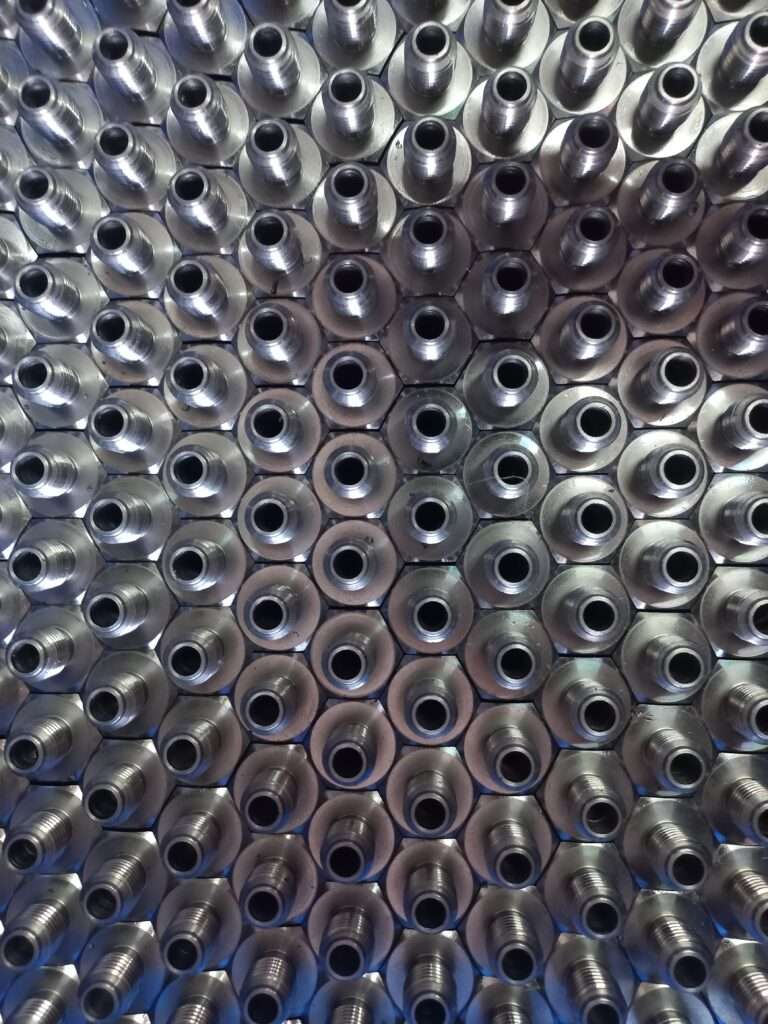
Sourcing machined components can pose several challenges for businesses. Some of the difficulties include:
Quality Assurance:
Ensuring consistent quality in machined components can be challenging. Variations in materials, machining processes, or even the skills of different manufacturers can impact the final product.
Lead Times:
Machining processes may take time, and delays in production schedules can occur. Tight deadlines may be challenging to meet, especially if the supplier is dealing with high demand or capacity constraints.
Costs:
Machining can be an expensive process, particularly for complex or precision components. The cost of raw materials, labor, and machine time can contribute to higher overall expenses.
Supplier Reliability:
Dependence on a single supplier can be risky. If the supplier faces production issues, financial troubles, or any other disruptions, it can affect the entire supply chain.
Communication and Specifications:
Clear communication of specifications is crucial. Any misunderstandings or lack of clarity can result in the production of components that do not meet the required standards.
Technological Advancements:
Staying up-to-date with the latest machining technologies and techniques is essential. Suppliers who do not invest in modern equipment or training may not be able to provide components with the desired precision or efficiency.
Geopolitical Factors:
Sourcing components from international suppliers can introduce challenges related to geopolitical stability, trade regulations, and currency fluctuations.
Supply Chain Disruptions:
Natural disasters, global events, or unforeseen circumstances can disrupt the supply chain, affecting the timely delivery of machined components.
Intellectual Property Concerns:
Protecting the intellectual property associated with the design and specifications of machined components can be a concern, especially when working with multiple suppliers.
Volume and Scale:
Smaller machining shops may not have the capacity to handle large production volumes. Finding a supplier that can scale up production to meet increasing demand can be a challenge.
To mitigate these challenges, businesses often adopt strategies such as diversifying suppliers, implementing quality control measures, maintaining clear communication, and staying informed about industry trends and advancements. Regularly evaluating and reassessing the supply chain can also help address emerging issues and improve overall efficiency.